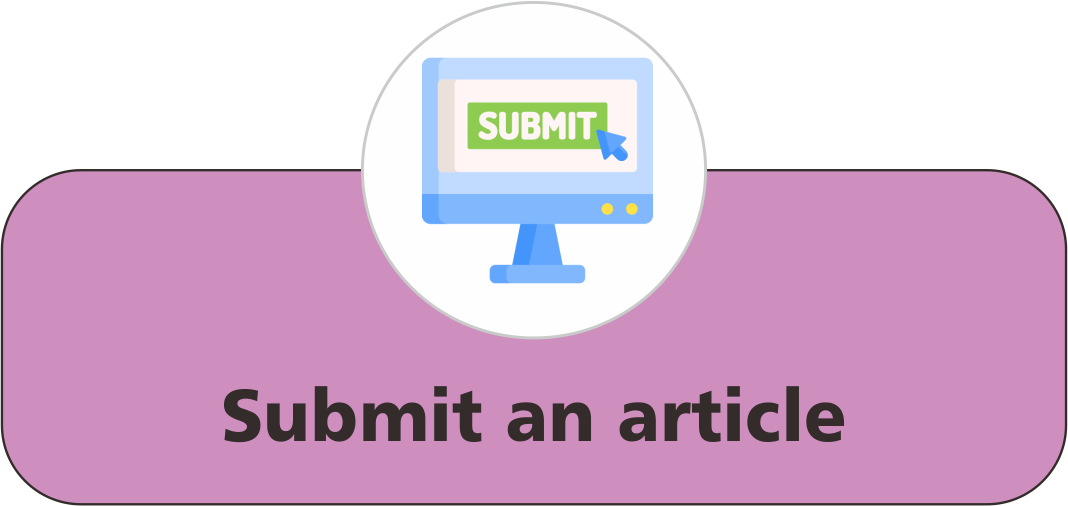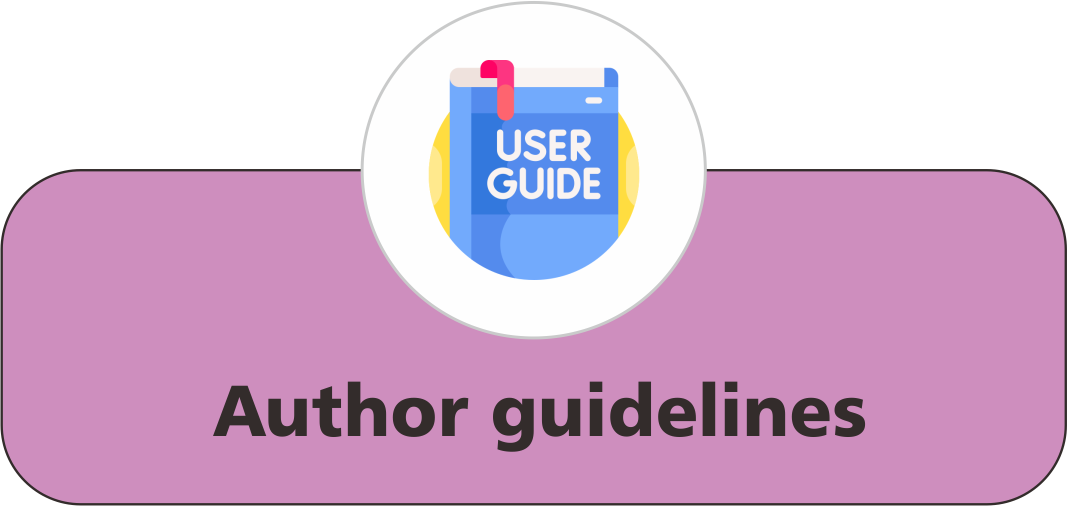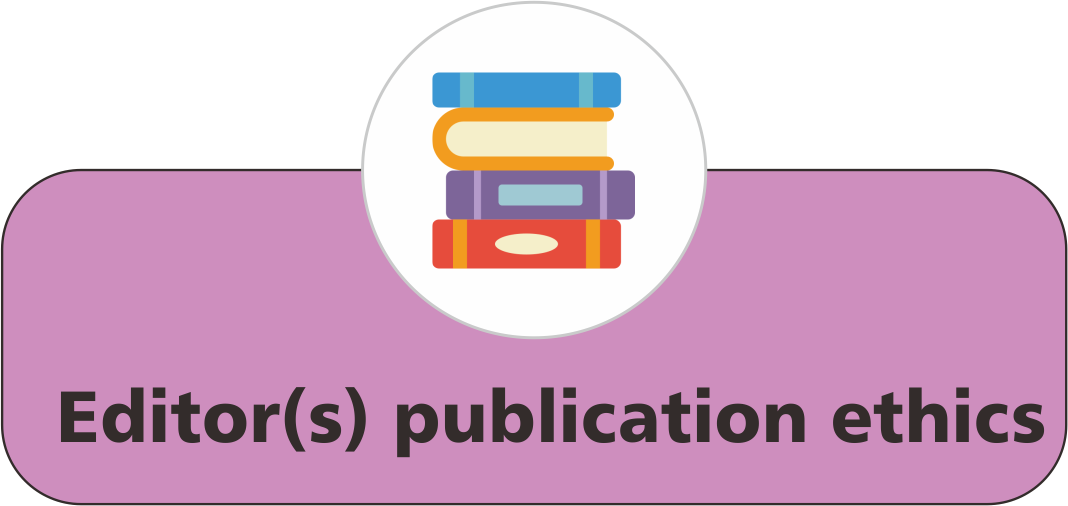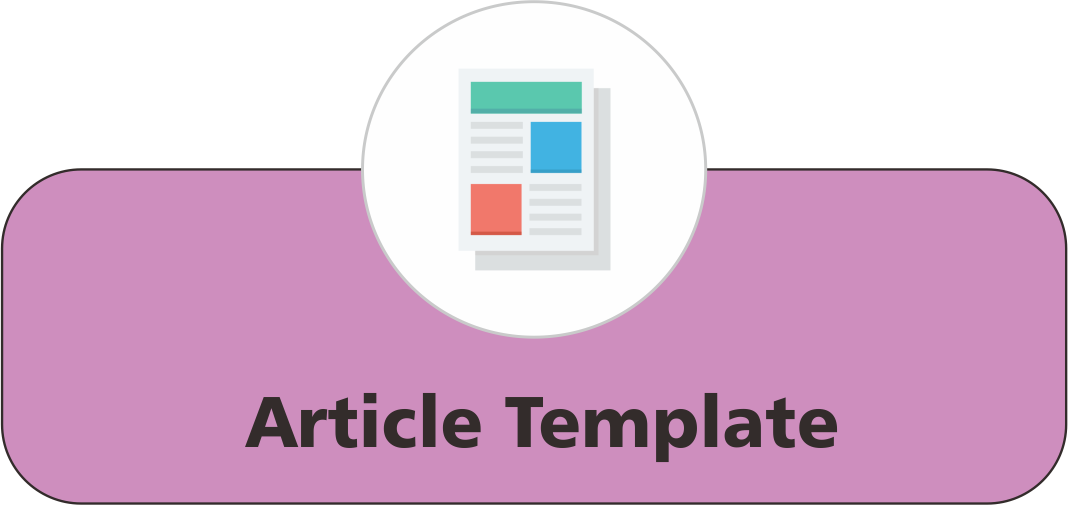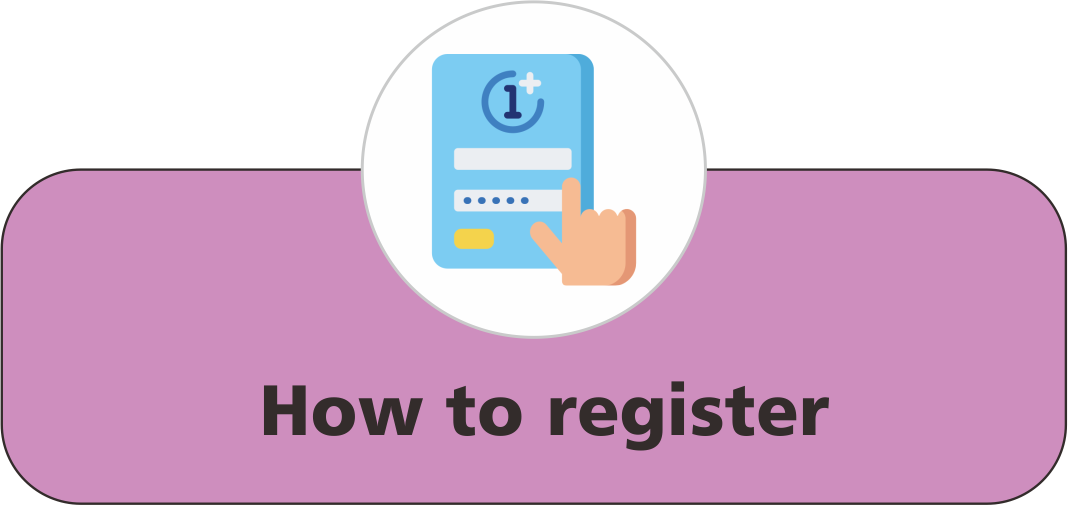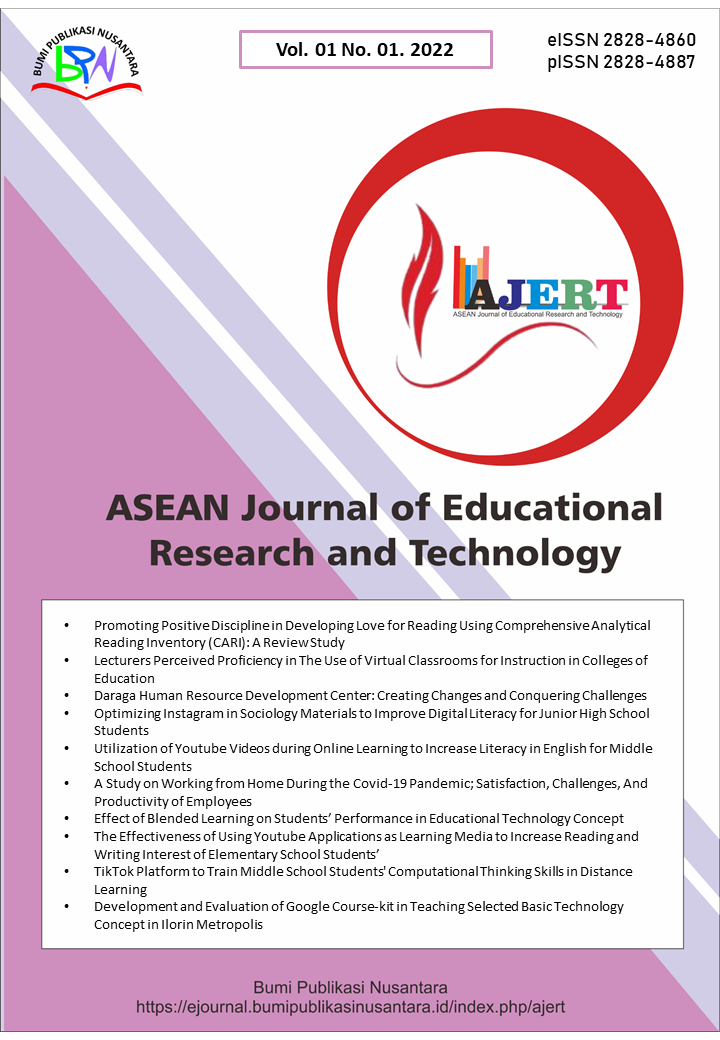An Action Research on the Effectiveness of We-CARE Project (Comprehensive Activities for Remedial Enhancement): A Review Study
 ),
),
(1) Palapas National High school
 Corresponding Author
Corresponding Author
Abstract
Keywords
References
Brown., and Hudson. (1998). The alternative in language assessment: Advantages and disadvantages. University of Hawai’i working papers in ESL, 16(2), 79-103.
Carey, L. M. (2010). Parents a math partners: A Successful urban story. Teaching Children Mathematics, 4(6), 314-319.
Gopinath, B., and Santhi, R. (2021). Development and evaluation of fishbone-based advanced computational thinking (FACT) pedagogy: A teacher-student collaborative learning environment in engineering and science education. Higher Education for the Future, 8(1), 108-122.
Manire, R. N. (2021). Promoting learning amidst pandemic: A thematic content analysis on the curriculum management aspect of deped’s basic education learning continuity plan (BE-LCP). EDU REVIEW. International Education and Learning Review/Revista Internacional de Educación y Aprendizaje, 9(3), 171-185.
Subang, A. (2022). Operationalization of summative assessment in MAPEH in the new normal: its challenges, innovations and interventions. Psychology and Education: A Multidisciplinary Journal, 3(10), 2-22.
Article Metrics
Abstract View : 1510 times
: 1510 times Download : 935 times
Download : 935 times
Refbacks
- There are currently no refbacks.
Copyright (c) 2022 Bumi Publikasi Nusantara

This work is licensed under a Creative Commons Attribution-ShareAlike 4.0 International License.

